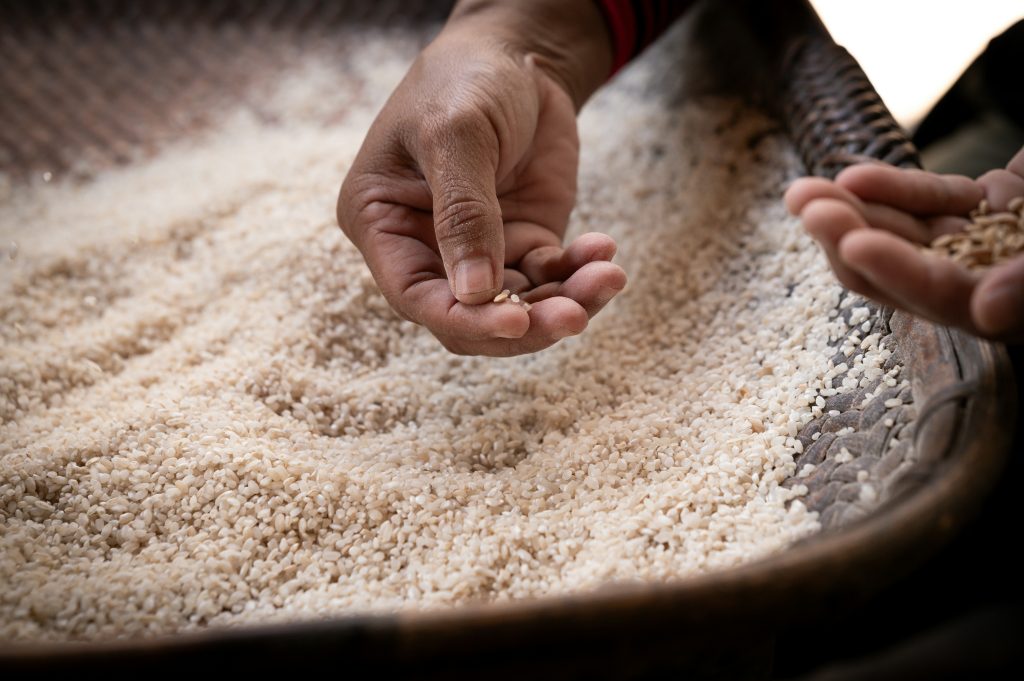Sudan’s army denies bombing convoy taking aid to famine-hit area
3 min read
A drone strike on a WFP convoy deepens Sudan’s worsening humanitarian tragedy.
Sudan’s Army Denies Bombing Aid Convoy in Famine-Hit Darfur
Sudan’s national army has strongly denied carrying out an air strike that targeted a World Food Programme (WFP) convoy transporting vital supplies to famine-stricken communities in the Darfur region. The army’s denial comes after the paramilitary Rapid Support Forces (RSF) accused it of being behind Wednesday’s attack in the town of Mellit, an area currently under RSF control.
Drone Strike Reported by UN Agency
According to a statement from the WFP, the convoy was struck by a drone during the incident. Out of the 16 vehicles in the convoy, three lorries were destroyed after catching fire. Fortunately, all WFP staff traveling with the mission survived the attack. Despite the survival of the personnel, the destruction of essential aid has deepened concerns about the humanitarian crisis gripping Sudan.
Civil War’s Devastating Impact
Sudan has been engulfed in a brutal civil war since April 2023, when a violent power struggle between the army and the RSF erupted. The conflict has created one of the world’s most severe humanitarian disasters. Although the RSF does not possess traditional air power, both factions have relied heavily on drones in their military campaigns, blurring accountability in aerial strikes.
Repeated Assaults on Humanitarian Efforts
The incident in Mellit is part of a worrying pattern of attacks against humanitarian convoys and aid workers in Sudan. International agencies have warned that such assaults threaten millions of civilians already caught between famine and violence. “Humanitarian staff and assets must never be a target,” the WFP stated, calling on both warring sides to uphold international humanitarian law.
Aid Intended for Famine-Stricken Villages
The convoy was en route to a famine-affected village near Mellit, roughly 90 kilometers northwest of el-Fasher. The city of el-Fasher remains the army’s last stronghold in Darfur and has been under siege by the RSF for more than a year. Humanitarian agencies emphasize that the aid delivery was critical, as widespread hunger has been intensifying across the region.
Escalation in the Battle for el-Fasher
Darfur has become one of the most fiercely contested areas in the civil war, with the RSF intensifying its push to capture el-Fasher. Control of the city is strategically important, and the fighting there has triggered waves of displacement and food insecurity. The latest attack underscores how the conflict continues to block lifesaving assistance.
Starvation as a Weapon of War
Both the army and the RSF have been accused of weaponizing hunger by obstructing aid routes and looting food supplies. Rights groups and humanitarian monitors warn that the deliberate denial of aid has worsened famine conditions, putting millions at risk of starvation. The deliberate targeting of food supplies, they argue, is a violation of international law.
Attacks on Aid Workers Continue

This is not the first deadly incident involving humanitarian staff. In June, five aid workers were killed in el-Fasher during a similar assault, further highlighting the dangers faced by those attempting to provide relief in conflict zones. The ongoing violence has made Sudan one of the most dangerous countries for humanitarian operations.
Humanitarian Crisis Reaches Breaking Point
The civil war has caused catastrophic displacement, with tens of thousands killed and more than 12 million people forced from their homes. The United Nations reports that over 4.5 million Sudanese, mostly women and children, have fled to neighboring countries in search of safety. The scale of the crisis has drawn urgent appeals from international organizations for both sides to allow unhindered humanitarian access.
A Nation on the Brink
Sudan’s crisis continues to escalate, with famine, displacement, and conflict feeding into one another. As the international community calls for accountability, the struggle for control in Darfur highlights the human cost of political rivalries. Without immediate action to protect aid workers and ensure food delivery, millions more Sudanese face a future of hunger and despair.






